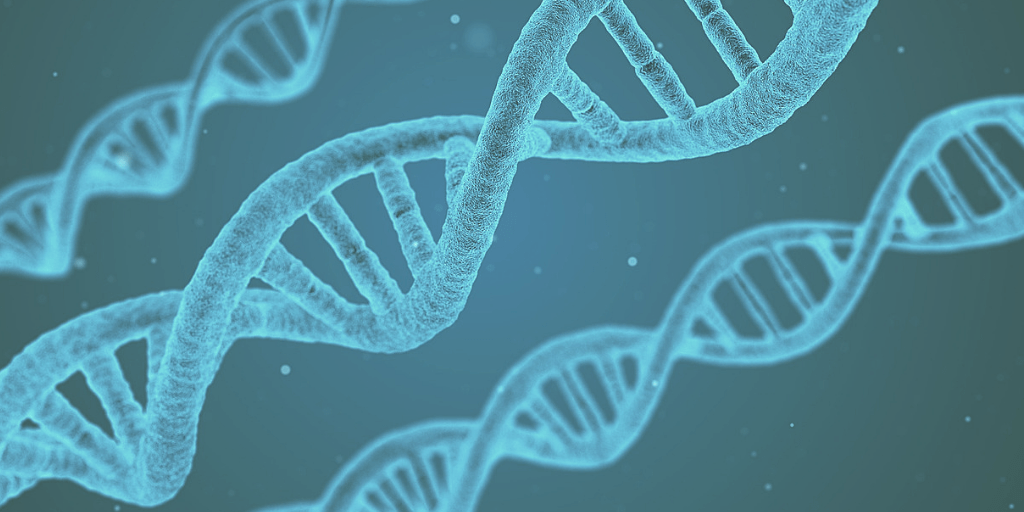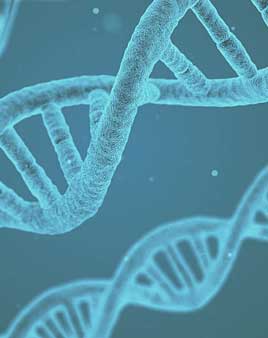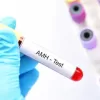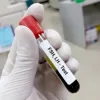Male infertility: sperm DNA fragmentation – the newest piece of the puzzle
 This article has been contributed for specialist fertility clinic, IVF London, by Professor Sheena Lewis of Examen Laboratories.
This article has been contributed for specialist fertility clinic, IVF London, by Professor Sheena Lewis of Examen Laboratories.
Male infertility accounts for around 40% of all cases of infertility.
When looking into male infertility, standard tests look at the number, mobility and shape of sperm. However, the most cutting edge techniques now show that, even when these tests are normal, the quality of DNA held within sperm may explain problems with male fertility. In fact, up to 80% of men with ‘normal’ semen analysis will have a significant level of sperm DNA fragmentation.
Sperm DNA fragmentation is when the DNA (the genetic material that passes on all the man’s instructions to create a baby) within the sperm contains breaks. This fragmentation is linked to a couple’s ability to get pregnant either naturally or through IVF. It is also crucial for the normal development of the embryo. High levels of DNA fragmentation have been shown to double the likelihood of miscarriage.
For many couples who have had a diagnosis of unexplained infertility, repeated failed IVF cycles or miscarriage, it can be a huge relief to finally understand why there might be a reason for their struggles.
What causes sperm DNA fragmentation?
The damage seen in DNA can occur during sperm production or while it is being stored in your body. Breaks in the DNA strands are usually caused by oxidative stress. This produces free radicals that attack the DNA molecule. Sperm DNA fragmentation is therefore often associated with underlying medical conditions, or certain lifestyle choices including infection, varicocoele, smoking, alcohol, stress, poor diet, recreational drug use and advanced age (over 45 years).
How can identifying sperm DNA fragmentation help a couple to overcome infertility?
Sperm is completely renewed every three months. Therefore positive changes to health including diet and the lifestyle factors listed above, that reduce oxidative stress, can make a worthwhile difference in a relatively short timeframe. Other treatment options may include varicocoele repair or antibiotics in the case of an infection.
ICSI (a type of IVF treatment where a single sperm is injected into the egg) is a more successful treatment than standard IVF if a man has high levels of sperm DNA fragmentation. This may be because the egg has a better chance of repairing the DNA damage when a single sperm is injected.
Testing for sperm DNA fragmentation can help fertility specialists to recommend the right fertility treatment first time round (hopefully saving the time, cost and pain of unsuccessful treatment). Or if you and your partner have had unsuccessful IVF or experienced recurrent miscarriage, testing the quality of the DNA within your sperm may be the missing piece of the puzzle.
IVF London, specialist fertility clinic based in Elstree, London, provide the Examen SpermComet® DNA fragmentation test. The test measures the actual DNA damage in individual sperm making it the most sensitive DNA damage test available. SpermComet® is highly predictive of male infertility, male involvement in miscarriage and IVF success. It is the only test that can be used to check sperm quality for men with low sperm count.





